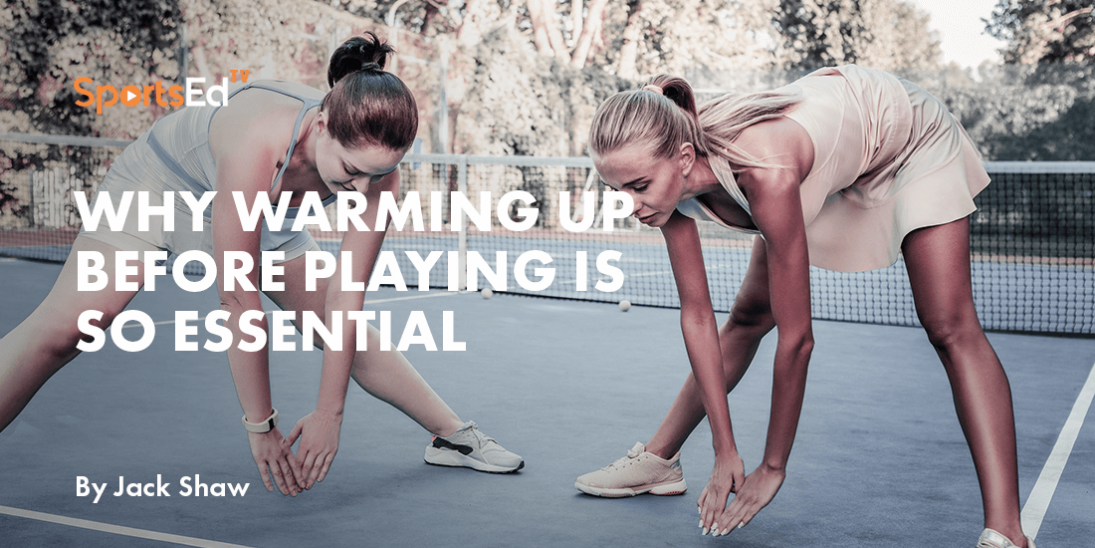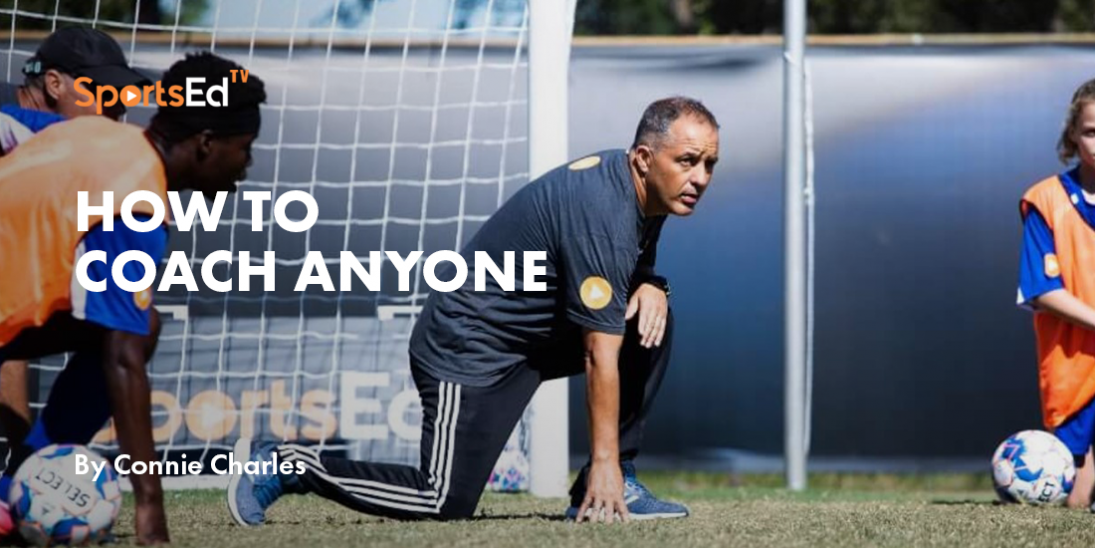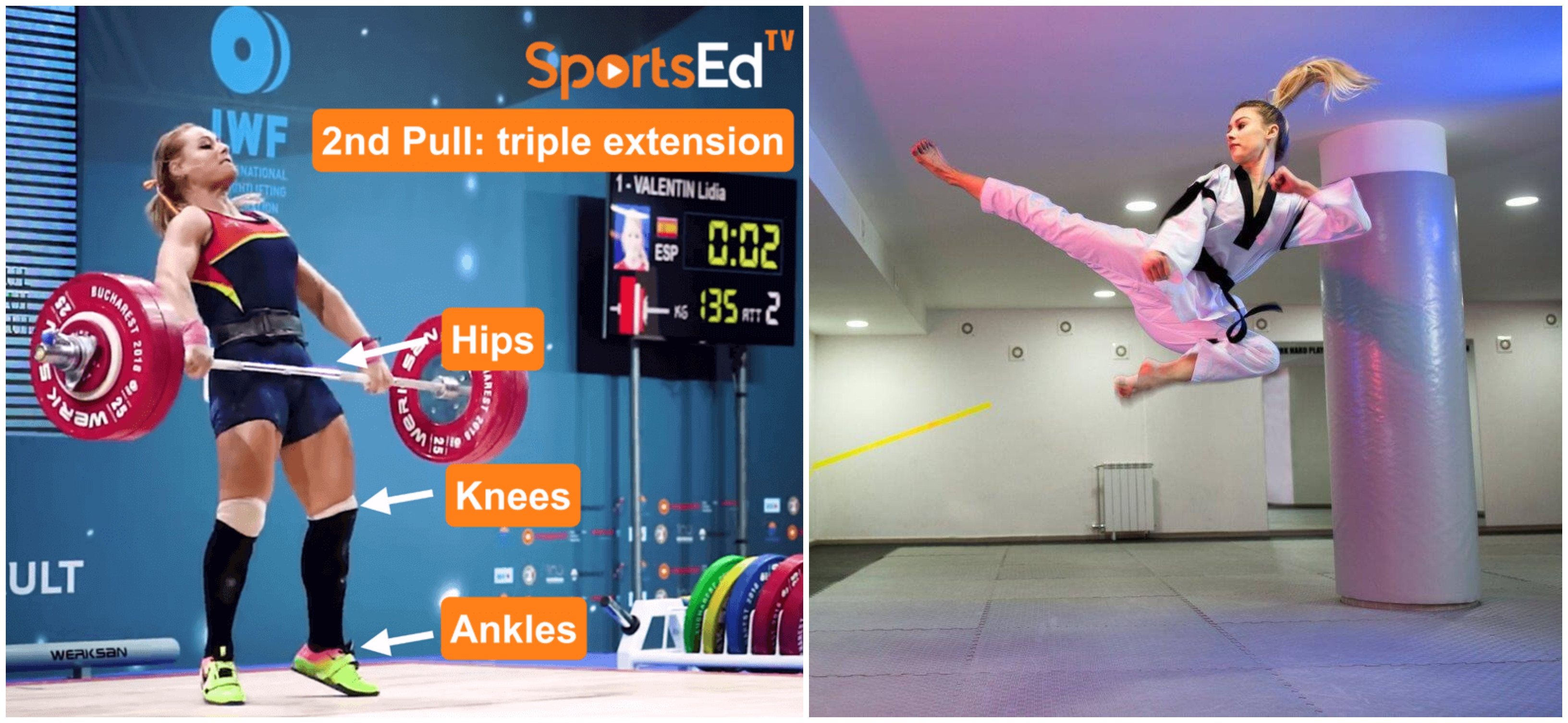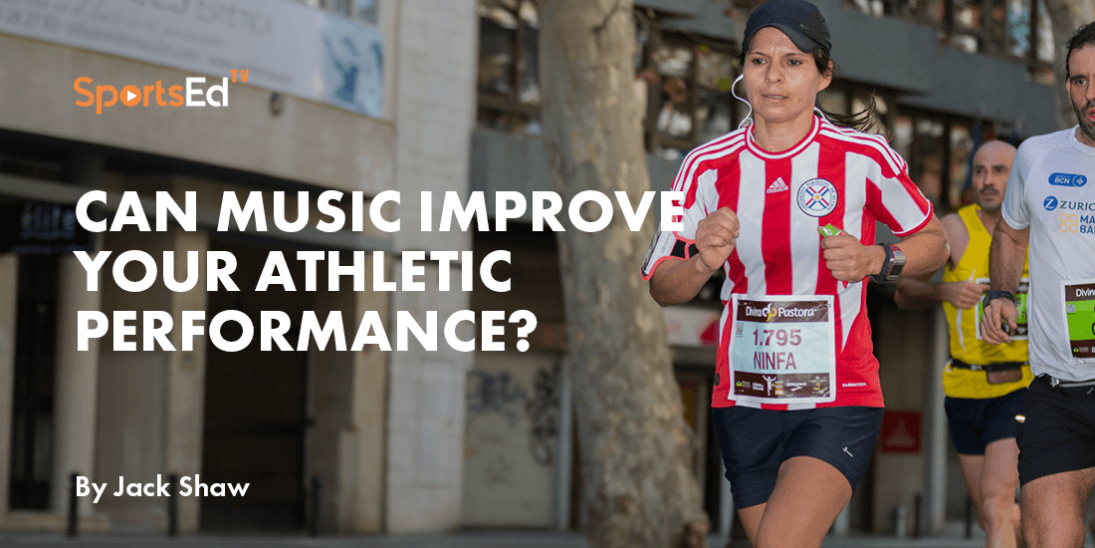Taekwondo
Welcome and thanks for visiting...

Anthony Obame Interview on SportsEdTV Live
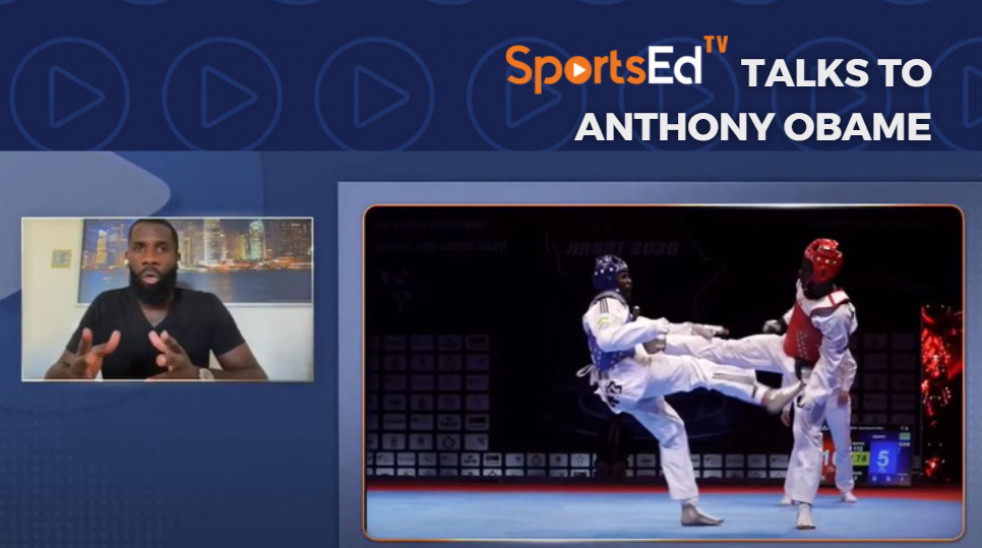
Arthur Buedo SportsEdTV: Hello everyone and welcome to SportsEdTV Live. Today, we have the chance to interview Anthony Obame, vice Olympic champion, world champion, double Champion of Africa. An outstanding record. One of the pioneers of African taekwondo. Anthony, it is truly a pleasure to have you with us today.
Anthony Obame: It will be a pleasure and how are you?
AB/SETV: Okay, thanks. You are in the midst of preparing for the Olympic Games. We are going to talk about this competition that has marked your history as a sportsman. Could start by telling about your preparation? Where are you? We are a few days away from the Games. How do you optimize your time? Where do you place yourself in your preparation?
AO: Already, I'm coming out of training. As part of training, the daily life, between two sessions, between eight training sessions a week, and after rubbing shoulders with the best on the planet. All this is also the mental side. All this so that I am in the best conditions for this competition.
AB/SETV: Can you talk about all the points that I think sum up what this quest for the Olympic medal is all about? As you said, it is not a few days or a year of preparation. It's since the last Olympic Games and even before that, years of preparation, years of questioning, evolution, adjustment. We had a rather special year where, precisely, there was a coronavirus where it was completely something different from what we were able to know. How could you, through these events, that were not planned and where we never had a little experience? Could you continue your preparation for the Games? How did you adapt?
AO: Or the question is not even how to adapt? The first question was whether or not to accept this situation. We had to accept it because I have learned over the last few years that we have them. We have to put our energy on things that we can change, not on things that we cannot change. We are forced to adapt to the Dionysian evil year-round or like here, where we have to go to the Games. It is said that everything is stopped, we must adapt. You have to stay at home, find a way to train, find a way to motivate yourself. The International Olympic Committee, which has also supported us in the national Olympic committees, which have also supported us and our countries, is making the effort to support us if we have it if we have nothing on it or to hang on. It indeed is enough, it is quite complicated. Today, the games will take place. What happened, in the preparations simply happened.
AB/SETV: It is certain, it is certain and you have pointed it out, taekwondo, even if it is an individual sport, it is also a collective, a team, a coach, and as you said, an Olympic committee. And that's good to point out because an athlete is nothing by himself. Let's talk about the Olympic Games, a competition that, for you, is truly a flagship competition in your career. You became your country's first Olympic medalist. You were the first African taekwondo athlete to participate in an Olympic final. Can you tell us what it's like and everything that came with it? Precisely, this Olympic success to come back to your country and become a star. What does it feel like to be your country's first Olympic medalist?
AO: Already, thank you for the compliment because I do not consider, as a third party, many people who consider me as such. But what I have to admit is that it has changed completely. My life has changed my status. I have become a role model, not just for my country, even for the whole continent. Today, African Taekwondo Olympic medalists or even Olympic medalists, in general, are references because they carry a voice today. And I immediately saw that in my competition, when we made it to the final. I see the reactions of people, but I do not understand because for me it is an important competition, but I did not realize the magnitude of the event. But, when we have a name today, when we compete, we know that the champions are more and more definers at this level. To be able to say today if people are even talking about me in the baccalaureate or the end-of-year exams. This is to tell you the importance that I represent today, but it is a pride and that is why I have fun with my career. I try to give the best of myself always to fill the Gabonese. Africans?
AB/SETV: Completely. And that's why I used the term stars. It is to give this dimension. Maybe you don't understand when you're international and, at the national level, this medal has had a positive impact. And that's all that the values of sport are impacting of what sport can have for a country, for a community. My next question was once we saw the Games and we managed to have success. How do you go back? With what mentality do you gain experience? How do we manage to evolve? Maybe be calmer. You talked earlier, especially about the mental aspect that you can have kicking. It must be a huge advantage compared to an athlete who is going there for the first time. Can you tell us a little bit about how you approach your experience of the coming Olympics with previous experience?
AO: One thing must be stressed, and that is that to begin with when you go for the second time or for the third time, you are not necessarily in the same state of mind because, for the first time, we will have less important competition. But we don't know what's going on, but especially when it's gone well. The previous time, the mental level plays because I'm an Olympic champion, that's true, but I'm vice Olympic champion. What for? Because I hadn't prepared for the first year. This aspect there, mental. I had prepared for the competition, I was physically ready. I had prepared all the aspects. But the mental side where you had to stay lucid in the hot, cold moments, during the hot moments, I think that's what I had missed. What motivates me today? That is the result. I went on to be the first to be number one. That's what motivates me today and working on things that I haven't necessarily considered. Even if I do not like these terms, you have to find motivation. You have to find a source of inspiration. Because when you're tougher, when you have more goals, it's hard to be motivated, especially to prepare. Especially to qualify first, even before even preparing for the Games. It is very, very, very difficult.
AB/SETV: That's for sure, that's for sure. You told us about your tone, your training pace. The hours that it generates, can you tell us how. How to develop and explain the techniques, each a little of the specifics of the technique. You're the back leg to work with. This timing works this power surprise. Do you want to tell us, precisely, about this technique that you use quite frequently? And how do you use it? What are the good times? Just describe this technique to us a little bit.
AO: Already, I would like to salute this platform that explains the techniques, that highlights this side of taekwondo because you have to know that taekwondo evolves and someone who is absent just for a few months and who comes back may be behind time. I welcome and welcome this initiative because it is needed. We needed it at one time, even when I wasn't on the national team yet. I did not have access to these Games. We had access to a fight on the Net, but today, it's really to develop my technique. We must admit that it is basic. It's not very spectacular when it's a blow to the face. But I agree with the idea that we all have the same level. If we do not say this kind of competition, we all have the same level. Everyone has made a kind of barrier. The most important thing is the details of the details. Here is the timing. This is the right time, the moment when the world, during which the opponent is more distracted, where he is not necessarily focused. That is where it is and that is precisely what makes this technique strong. It is timing, it is precision and it is speed. And that's what makes the thing so beautiful.
AB/SETV: This recognition of the moment in which it is necessary to use this technique. You talked about timing, you talked about speed. All this is about the different segments that we have on which we have created content with this idea that we can find on our platform. We have Aaron Cook and Bianca Walkden who have done a lot of training on this. Can you tell us about a fact, a little reference, but tools like that, when you were young? Precisely, what importance can it have, precisely for a young person who has lost a little, who has gone out, and who can develop techniques?
AO: Frankly, it's watching videos already. And young people today do not mind. Me, good times. I know, I've been. I was when I wasn't in the circuit yet. I wasn't even a top athlete yet. I was still in Gabon, in Libreville. I was a fan of the French team, not the whole French team. There was Pascal Gentil. I liked the Korean athlete. Olympic champion in 2004. Yes, yes, I remember well. I was a fan of several athletes like that the Chika heavyweights of Nigeria, my big brother Daba Modibo Keïta. But I never had the courage to. Because at the time it was Facebook, there wasn't even Instagram yet, etc. I have never dared to send a message to say I need such techniques. Or is what how to do? But young people today, send us messages, they ask us for videos, etc. And I think it is. I think that's a good way too. A good way also to see things by their training that they do in their respective clubs with their coach. It's good to rub shoulders after internships today. This is also what makes it possible to make progress. That's why young people progress very quickly. When I even see competitions of young athletes or even juniors, cadets. I am, I am, I am enjoying myself like a child.
AB/SETV: It is very interesting, we can see the emergence of a young generation that is successful right away in very high-level competitions. We have seen at European Championships, young people aged 17 to 18, have gold medals. How does this speed of success explain for this young new generation? Do you think they were born with a little bit of the new generation of taekwondo, which is a little different, and right away they have the basics and the techniques? How do you justify this success?
AO: I think they are very well supervised, even sometimes. Even some are not well supervised, but they are well informed. They follow all the competitions today, whatever the country, whatever their convictions. The conditions are unique, so they live the competitions, they train with them. And athletes hold intimate relationships with adults and young people alike. These young people, they rub shoulders with the best, they watch the competitions, they participate in the competitions. This is what makes their progress meteoric, quite simply. They dream of that and that's it. I think that's the key. Even before having colossal budgets, even before having all the infrastructures available, it is first of all their desire. It is first and foremost this dream. Today, internally, externally, we can see very clearly in several countries that have a lot of money, a lot of structures, but not necessarily champions. It's the desire that does.
AB/SETV: I think it's very well summed up and very inspiring. We wish you all the best for your coming Olympic dream. I know you had very little time to give us. Thank you very much for giving your time and sharing a little feedback. And again, good luck with the Games.
AO: Thank you, my brother. Good luck to you too. Good luck and you are doing a very nice job.
AB/SETV: Thank you very much. Thank you, thank you. And see you soon.

